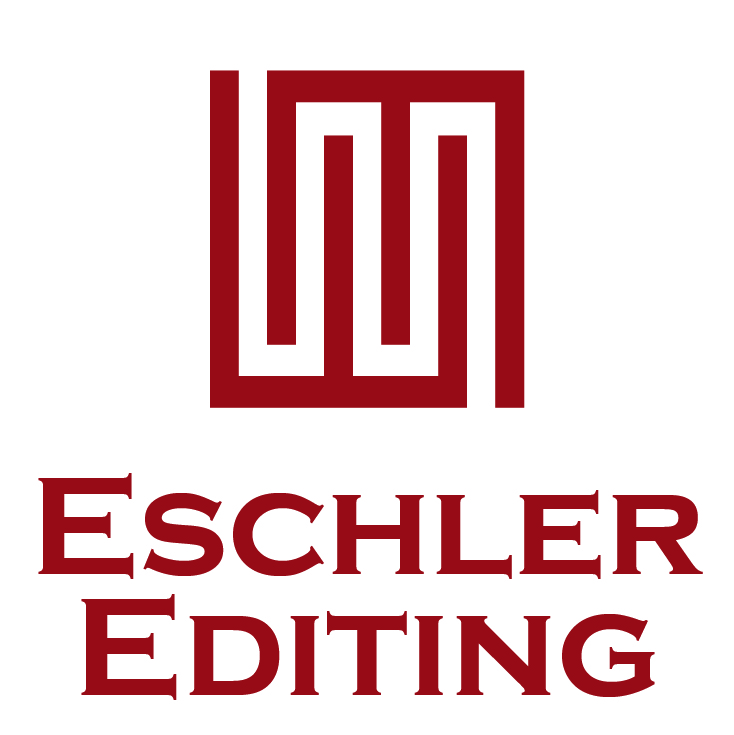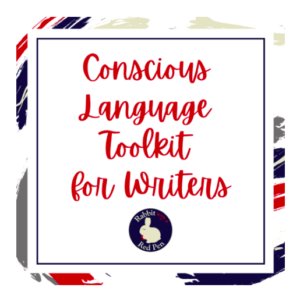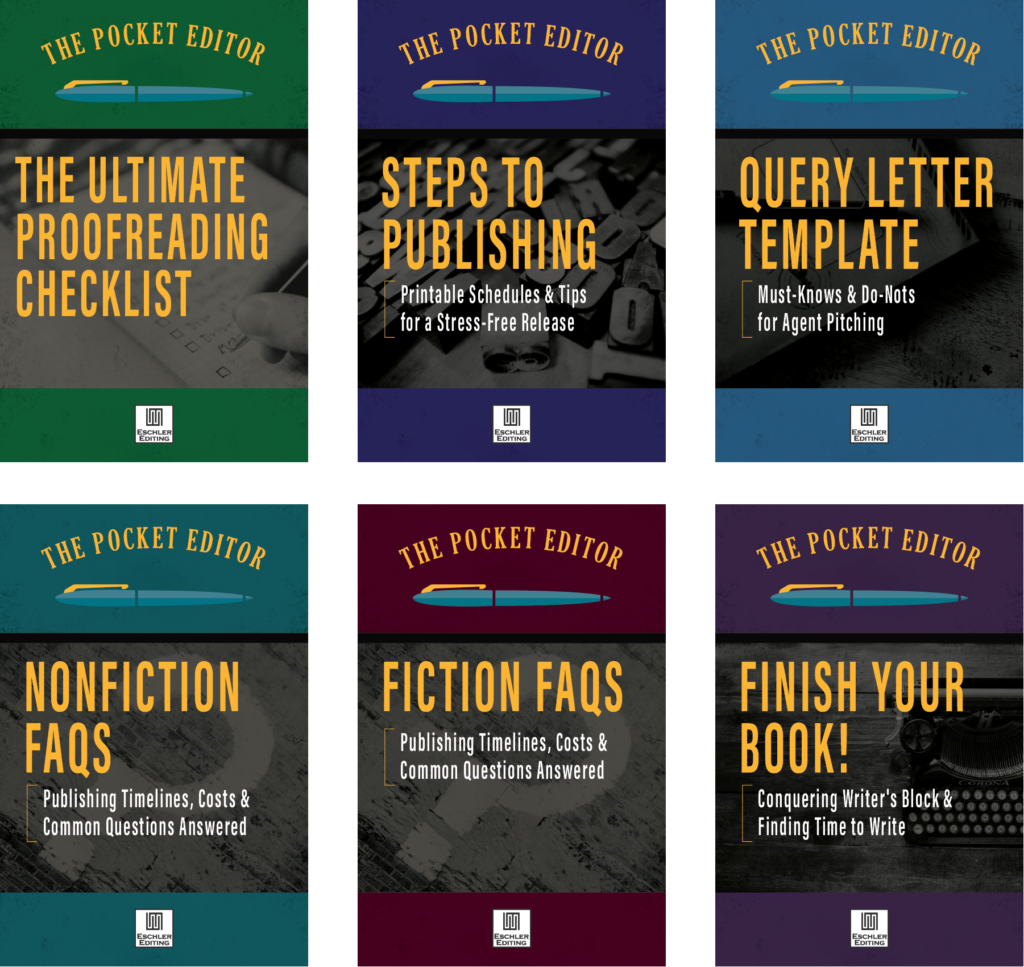Guest post by Crystal Shelley
Writers have many factors to keep in mind when trying to decide what words to put down on paper or type on a keyboard, such as their audience, message, and intent. Another important element to consider is how their language can affect readers. That’s where conscious language comes in.
What is conscious language?
“Conscious language” is a term coined by Karen Yin, who started the website Conscious Style Guide. Conscious language refers to “language rooted in critical thinking and compassion, used skillfully in a specific context.” The framework encourages writers to consider the language they use with a focus on the writer’s intent and how readers may receive their message.
What does it look like in practice?
Writing within the conscious language framework means we ask questions about our writing and then choose our language accordingly. It means we consider more than which words sound nice. We should also strive to be aware of the origins of language, how the language has evolved, and how it might affect our readers in ways we don’t think about.
Here are some questions Conscious Style Guide recommends asking as we decide what to write:
- Who is my audience?
- What tone and level of formality do I want?
- What am I trying to achieve?
- How might history change the impact of my language choices regardless of my intentions?
- Who’s being excluded?
Beyond these questions, we can also be asking ourselves uncomfortable questions we don’t often think about when it comes to the language we use. Here are some examples:
- Is the language biased, such as when men are meant to represent everyone? This can be seen when an article or manual uses only “he” and “him” pronouns.
- Is the language exclusive, such as when we say that school is letting out for Christmas break? Doing so centers on one religion’s holiday, even though students, teachers, and staff may have different religious backgrounds.
- Is the language outdated, such as calling someone Oriental or senile? These terms, while once common, are no longer favored.
- Is the language rooted in a history of oppression, such as when we call someone uppity (especially a person of color)? The term “uppity” has a history of being used to disparage people of color, especially Black people.
These are only a few of the questions that can be asked about language. We often don’t think about how the language we use every day may affect others, and while conscious language considerations are important when writing about any topic, they’re especially needed when we write about social identity categories and social groups. These topics include race and ethnicity, gender, sexual orientation, age, ability and disability, neurodiversity, spirituality, appearance, and citizenship status, among others. Within each category are groups that are marginalized, and language has historically been used to stereotype, exclude, or erase them.
Why is it important?
Conscious language is important because it asks writers to critically assess their language in order to consider how it will affect readers. It means we think outside of ourselves and how we view the language—we should also question what the language might mean to others who are different from us.
There can also be consequences as a result of using exclusive or harmful writing, which may reflect poorly on the writer. Readers can be vocal in calling out problematic language, and this can lead to negative reviews, bad publicity, or financial losses for writers.
Language is also a way we can show respect and empathy to others. When a writer intentionally avoids using language that may be harmful to a group and chooses an alternative that is neutral or even affirming, they’re consciously acknowledging the humanity of others.
Wrap-Up
As writers, we have the power to use our words for good. We can choose language that is respectful to our readers—language that considers the identities and experiences of others, not just ourselves. While none of us can be perfect, we can strive to understand more about the impact of our language. Learning about conscious language is one way to do that.
Do This Now
There are tons of resources you can explore if you want to learn more about conscious language and writing about different groups. Here are some of my favorites:
- Conscious Style Guide: The website that started the conscious language conversation has sections of articles and resources on topics like race and ethnicity, gender and sexuality, disability, and creative writing. I recommend starting here.
- Conscious Language Toolkit for Writers: This is a PDF resource I created to help writers learn more about conscious language, what resources are out there, and what words or phrases to be aware of as you write.
- Diversity Style Guide: This website has a glossary of terms to know, spanning a variety of topics.
- National Center on Disability and Journalism style guide: This style guide has entries on various terms to be aware of when writing about health and disability.
- The American Psychological Association’s bias-free language guide: The APA is one of the most widely used style guides in the US, and their bias-free language guide is excellent.
 Crystal Shelley is a licensed clinical social worker and the owner of Rabbit with a Red Pen, where she provides editing and authenticity reading services to fiction authors. She unites her love of language and her passion for social justice by advocating conscious language use and inclusive representation in her editorial work. She is the creator of the Conscious Language Toolkits for Editors and Writers and serves on the executive committee of ACES: The Society for Editing.
Crystal Shelley is a licensed clinical social worker and the owner of Rabbit with a Red Pen, where she provides editing and authenticity reading services to fiction authors. She unites her love of language and her passion for social justice by advocating conscious language use and inclusive representation in her editorial work. She is the creator of the Conscious Language Toolkits for Editors and Writers and serves on the executive committee of ACES: The Society for Editing.





0 Comments